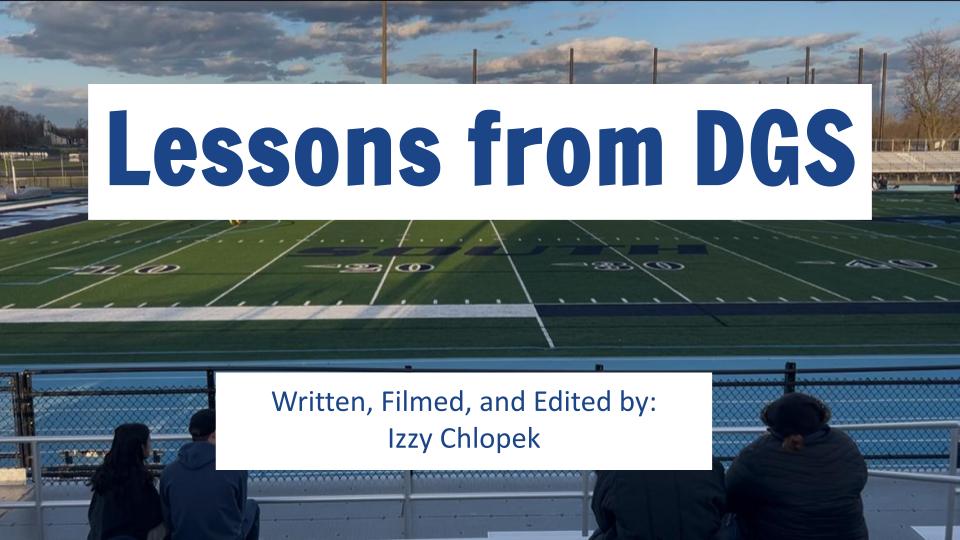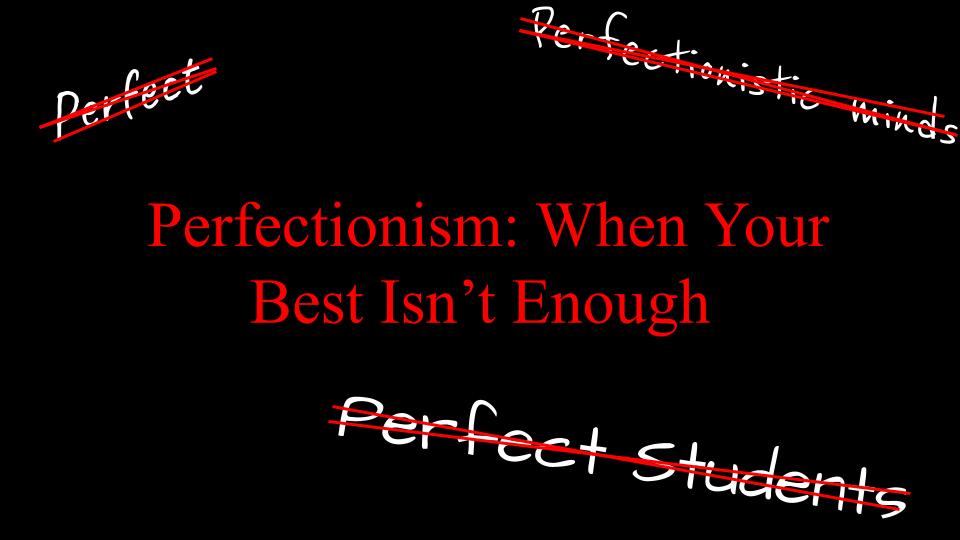Ever since childhood, everyone has been asked the life-defining question, “What do you want to be when you grow up?” At a young age, the answers can range from aspiring to be a YouTuber, a doctor curing cancer or an astronaut exploring space. Bu as people get older, reality starts knocking on the door and the balance between pursuing passion and money begins to blur these dreams.
The idea of being successful comes into question when choosing a career. Merriam Webster defines success as, “a favorable or desired outcome” or “ the attainment of wealth.” However, for many, success may be more nuanced and linked to personal satisfaction and deeper values.
For some, a future that involves pursuing an individual’s passion can fulfill their childhood dreams and transform them into a reality.
Senior Rae Hrubec is pursuing pediatric nursing, a career that allows her to carry out her passion for taking care of children while also having work flexibility. By choosing this path, she can keep in touch with her dream and secure stability for her future.
“If money is everything, I feel like you’ll just lose a part of yourself if you’re only reaching for that money,” Hrubec said.
Following one’s passion can be a powerful motivator that embraces an individual’s authentic self. It can provide a sense of purpose and guidance through challenges; for many, chasing this inner fulfillment may be what success is all about.
But despite the promising future Hrubec anticipates with her career path, she reveals there is a bit of uncertainty about whether or not she will regret this choice as she gets older.
“I was thinking about it and I know I’m still 17. I still have lots of years to decide my future,” Hrubec said.
In the grand scheme of life, not everything will be set in stone at an early age: career paths and passions can evolve from experiences. According to the Federal Reserve, over 38% of college students would even change their major.
Of course, aspirations and values may change over time, but at heart, these changes just redirect where one finds fulfillment.
Junior Sarah Gerges-Rodriguez voiced her concern in prioritizing money and neglecting that sense of fulfillment.
However, not all dreams last forever, and one might wake up to find out they’re not as ideal as they once seemed. Senior Camille Pagaduan reflected on the potential reality of pursuing passion as a career.
“Some people have hobbies and pursue that as their major, but I feel like there needs to be [a] sort of balance between [money and passion] because you can easily lose passion over having your hobby as a job. It becomes so repetitive and it can become overwhelming,” Pagaduan said.
The downside is that pursuing a passion as a career carries the risk of it becoming dull or diminishing the initial ambition for the job over time. This risk leads many to consider whether following passion is worth the uncertainty, especially when a focus on financial stability can seem like the safer option.
According to Gallup, only 33% of U.S. employees are engaged with their jobs with passion and active involvement with their work. When these initial expectations and ambitions are struck down, there is potential in dwindling financial productivity and personal desire.
Junior Nico Kharat is planning her courses for next year and aims to prepare herself to enter the STEM field after high school. The combination of her interest for engineering and potential financial security has influenced her to choose this path.
Despite the rigorous and demanding work Kharat will take on, she finds that it will be rewarding in the future. However, Kharat admits that, at heart, her decision has cast away her lifelong passion for the arts.
“I’m more of an artsy person and I like art and writing a lot. If it was up to me in a perfect world, I would probably just do that as my career,” Kharat said.
In the battle between focusing on passion or money, there are risks of making tradeoffs in either decision.
What seems like a clear path today may turn out to be less fulfilling as the years pass and these dreams can evolve as one’s values change. Not everyone has a straightforward future, and the paths are unique to each person. Remaining open to the possibilities of change may help people navigate the landscape of their future.
“You’re in a fraction of your life, you got to get out of that bubble. There’s so much on your horizon, this is so little of your life, but you’re making such important life decisions that you have to accept flexibility and some room for error. You’ve got to be open,” Hrubec said.









![In this documentary, you will learn how violins are made. All music is in the public domain:
Music Produced by Deutsche Grammophon, Medici TV, Heifetz Institute, and Queen Elisabeth competition
Paganini, Caprice No. 24 [Song recorded by Jasha Heifetz]. Heifetz Institute. (Original work published 1817)
Paganini, Caprice No. 24 [Song recorded by Jasha Heifetz]. Heifetz Institute. (Original work published 1817)
Bartok, Sonata No.1 for Solo Violin [Song recorded by Kevin Zhu]. Queen Elizabeth Competition. (Original work published 1944)
Paganini, Violin Concerto no. 1 [Song recorded by Philippe Hirshhorn]. Queen Elizabeth Competition. (Original work published 1819-1825)](https://southblueprint.com/wp-content/uploads/2025/05/Screenshot-2025-05-07-122429-1200x668.png)






